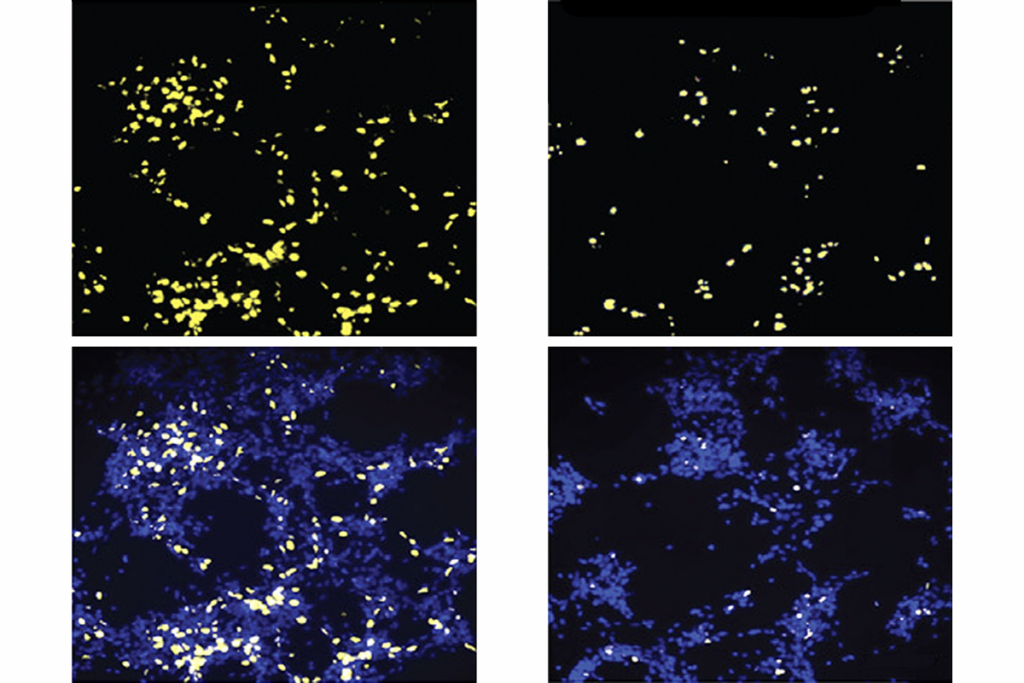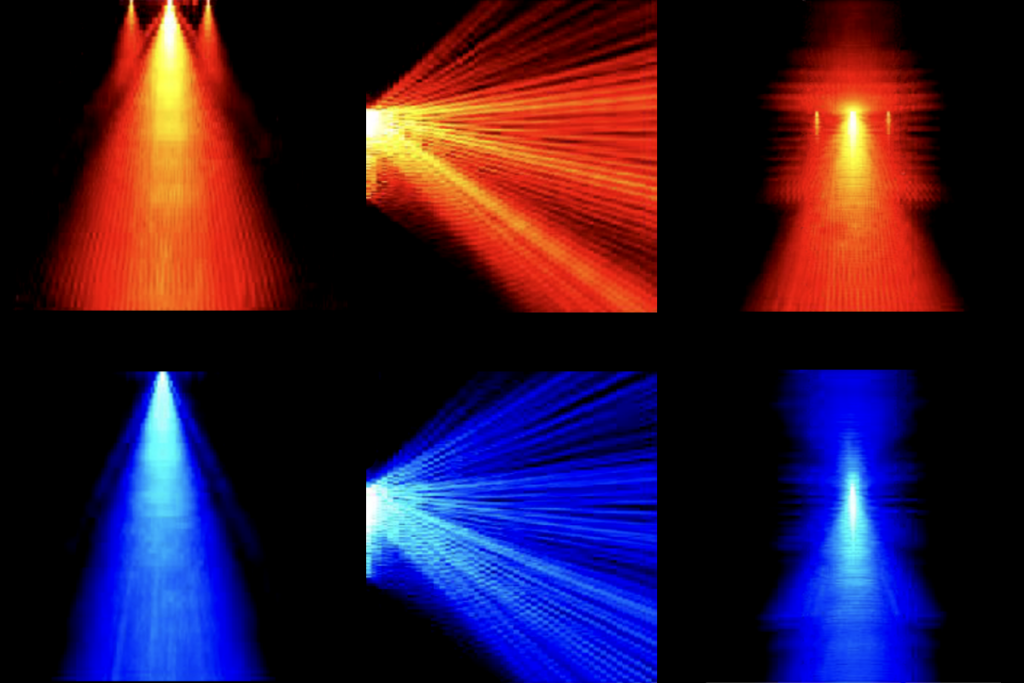Louis Reichardt joined the foundation to lead SFARI in 2013. Prior to assuming this post, he was the Jack D. and DeLoris Lange endowed chair in cell physiology at the University of California, San Francisco, where he had directed its renowned neuroscience graduate program since 1988. A Fulbright scholar with an undergraduate degree from Harvard University and a Ph.D. from Stanford University, Reichardt was a research fellow at Harvard Medical School and a Howard Hughes investigator for more than 20 years.
The recipient of a Guggenheim fellowship in 1985, he is a fellow of both the American Association for the Advancement of Science and the American Academy of Arts and Sciences. He was one of three founding editors of the journal Neuron and is a senior editor of the Journal of Cell Biology. He serves on the editorial boards of several other journals as well as the scientific advisory boards of the Christopher and Dana Reeve Spinal Cord Injury and Paralysis Foundation and the Myelin Repair Foundation.
Reichardt’s research has focused on neurotrophins, a family of proteins that play a key role in neuron functioning, and on another family of proteins that promote the adhesion of nerve cells to each other. He has made major contributions to the study of intracellular signaling pathways that mediate the effects of these proteins ÛÓ including the Wnt pathway, which may play a role in autism spectrum disorders.



